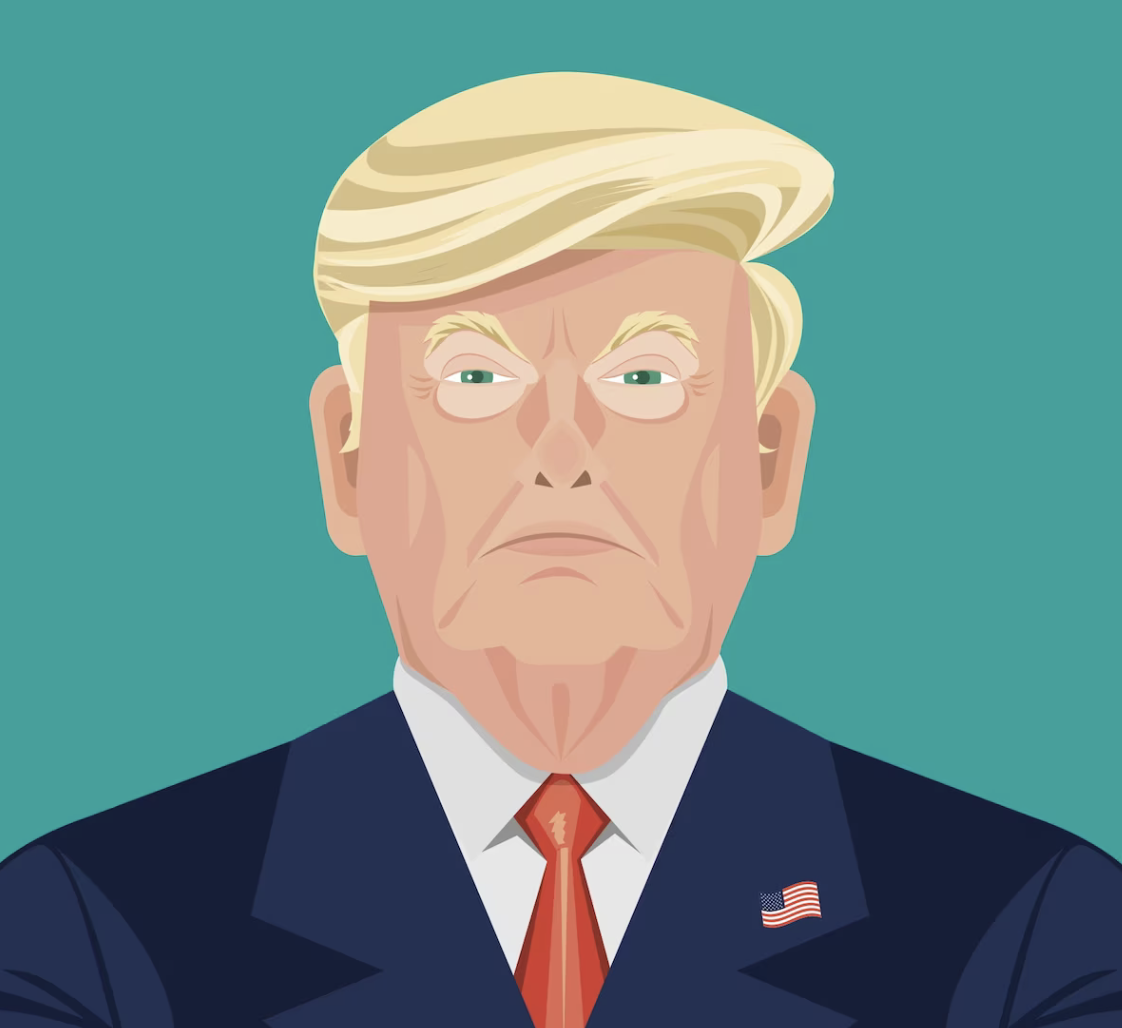Reise
In der Luft: Airline-Manager verteidigen Sitzplatzzuschläge vor dem Senat
Werbung
Dem Bericht zufolge erzielten diese Fluggesellschaften zwischen 2018 und 2023 zusammen 12,4 Milliarden Euro an Sitzplatzgebühren – eine Zahl, die für Kontroversen und Besorgnis bei politischen Entscheidungsträgern gesorgt hat. Die Untersuchung ergab, dass bestimmte Sitze mit größerer Beinfreiheit, bevorzugten Plätzen weiter vorne im Flugzeug oder Fenster- und Gangplätze teurer waren als Standard-Sitze.
In einer vor der Untersuchung vorgelegten schriftlichen Stellungnahme verteidigte der Strategiechef von American Airlines, Stephen Johnson, diese Praxis mit der Aussage, dass die Produkte zur Sitzplatzauswahl vollkommen freiwillig seien. Er betonte, dass Kunden, die Wert darauf legen, auf attraktiveren Plätzen zu sitzen, die Möglichkeit hätten, für diese Plätze zu bezahlen, was impliziere, dass dies eine Entscheidungsfrage für die Passagiere sei.
Die Biden-Regierung und verschiedene Gesetzgeber haben angekündigt, hart gegen die ihrer Ansicht nach unnötigen Gebühren in der Flugbranche vorzugehen. Kritiker argumentieren, dass diese Zusatzgebühren für Leistungen, die früher im Ticketpreis enthalten waren, den Verbrauchern gegenüber unfair seien und den Eindruck erwecken würden, dass den Fluggesellschaften der Profit wichtiger sei als die Kundenzufriedenheit.
Trotz der Kritik verteidigen die Fluggesellschaften weiterhin ihre Entscheidung, unterschiedliche Economy-Service-Levels anzubieten und Zusatzgebühren für Leistungen wie Sitzplatzauswahl und aufgegebenes Gepäck zu erheben. Sie argumentieren, dass diese umsatzsteigernden Maßnahmen für die finanzielle Nachhaltigkeit der Branche notwendig seien, insbesondere im Zuge der COVID-19-Pandemie, die den Flugverkehr stark beeinträchtigt habe.
Einige Branchenexperten gehen davon aus, dass sich der Trend, dass Fluggesellschaften für Premium-Services höhere Gebühren verlangen, fortsetzen wird, da sie nach Wegen suchen, ihre Verluste auszugleichen und ihre Rentabilität zu steigern. Da sich die Reiselandschaft weiterentwickelt und die Vorlieben der Verbraucher sich ändern, erkunden Fluggesellschaften innovative Wege, um sich an die veränderten Marktbedingungen anzupassen und den Anforderungen einer zunehmend wettbewerbsorientierten Branche gerecht zu werden.
Spirit und Frontier, zwei Fluggesellschaften, die in den USA zu den ersten gehörten, die das gebührenbasierte Modell einführten, standen in den vergangenen Jahren vor großen Herausforderungen, da sie im Wettbewerb mit größeren Fluggesellschaften kaum bestehen und sich in einem sich rasch wandelnden Markt zurechtfinden mussten. Der jüngste Insolvenzantrag von Spirit nach dem US-amerikanischen Verfahren „Chapter 11“ verdeutlicht den finanziellen Druck, dem Fluggesellschaften ausgesetzt sind, da sie mit den Folgen der Pandemie und dem veränderten Verbraucherverhalten zu kämpfen haben.
Während sich führende Führungskräfte von Delta, United, Frontier und Spirit auf ihre Zeugenaussagen vor dem Unterausschuss des Senats vorbereiten, liegt der Schwerpunkt auf der Erläuterung der Gründe für die Sitzplatzzuschläge und der Beantwortung von Bedenken hinsichtlich der Auswirkungen dieser Gebühren auf die Passagiere. Die für 10.00 Uhr Ostküstenzeit angesetzte Anhörung wird den Gesetzgebern die Gelegenheit bieten, die Preisgestaltungspraktiken der Fluglinienbranche unter die Lupe zu nehmen und mögliche Maßnahmen zum Schutz der Verbraucher und zur Gewährleistung der Markttransparenz zu prüfen.
Zusammenfassend lässt sich sagen, dass sich die Debatte über Sitzplatzzuschläge und andere Nebengebühren in der Luftfahrtbranche wahrscheinlich verschärfen wird, da sich politische Entscheidungsträger, Branchenvertreter und Verbraucher weiterhin mit den Komplexitäten des Flugverkehrs in einer Welt nach der Pandemie auseinandersetzen müssen. Das Ergebnis der Senatsanhörung könnte weitreichende Auswirkungen auf die künftige Preisgestaltung und Kundenbetreuung der Fluggesellschaften haben und die Entwicklung der Branche für die kommenden Jahre prägen.
Über den Autor / Anna Munhoz
Trendthemen

Frühmorgen-Flugtickets: Informieren Sie sich darüber und wie Sie damit sparen können!
Möchten Sie Flugtickets für den frühen Morgen? Nutzen wir also die Chancen, die uns die aktuellen Aktionen bieten!
Weiterlesen



